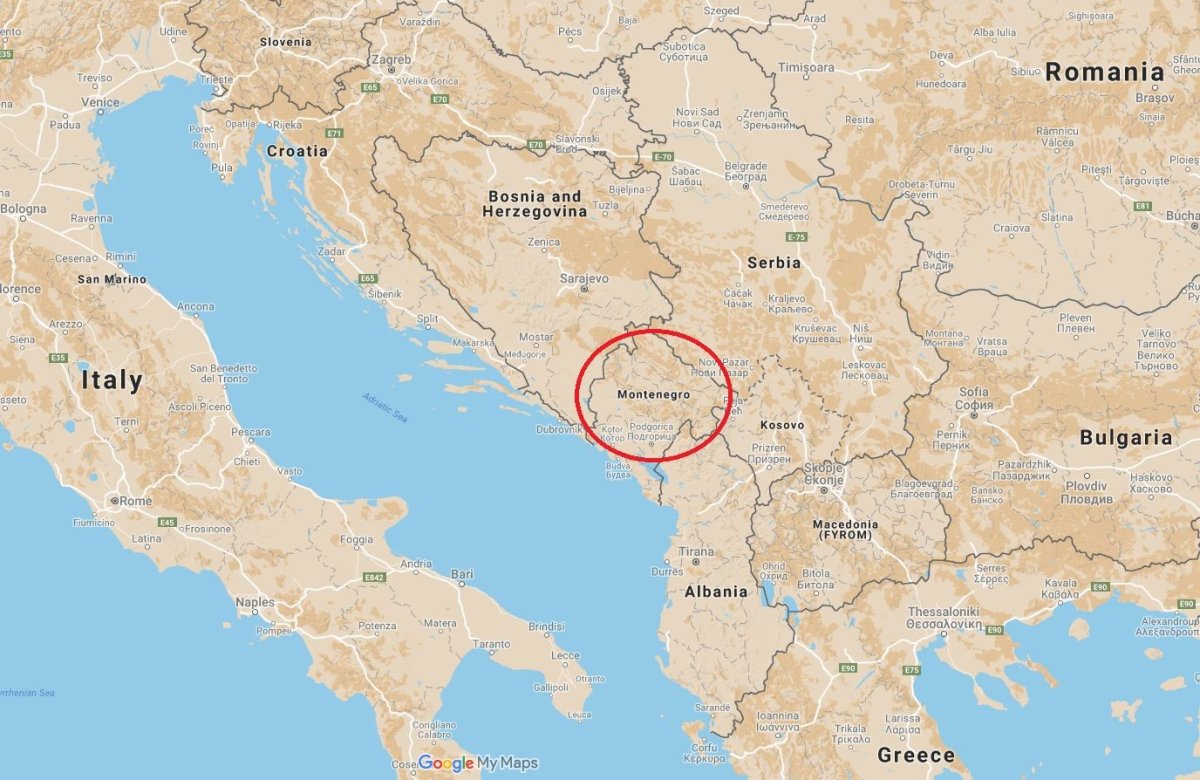President Donald Trump has suggested that he may have reservations about defending Montenegro, a small NATO ally, under the alliance's Article 5 obligations. This statement raises significant questions about the commitments of NATO members and their responsibilities to one another. Montenegro, which joined NATO in 2017 as the 29th member, is also on the path toward European Union membership.
Strategically located on the Adriatic Sea in southeastern Europe, Montenegro shares borders with Albania, Macedonia, Kosovo, and Bosnia and Herzegovina. Its population, according to the CIA, is approximately 642,550, comparable to that of Las Vegas, Nevada. Geographically, Montenegro covers an area of 5,333 square miles, making it similar in size to Connecticut, with its capital located in Podgorica in the southern part of the country.
Throughout much of the 20th century, Montenegro was part of the Socialist Federal Republic of Yugoslavia, which was dominated by the communist leader Tito until his death in 1980. Following the breakup of Yugoslavia amid conflict in 1992, Montenegro evolved politically, eventually gaining independence through a referendum in 2006. Interestingly, First Lady Melania Trump was born in Slovenia in 1970 when it was also part of the former Yugoslavia, highlighting the region's complex history.

In recent years, NATO has played a crucial role in Montenegro's defense strategy, particularly during the Kosovo War, where it conducted bombings to prevent ethnic cleansing of Albanians by Yugoslav President Slobodan Milošević. Currently, Montenegro's president is Milo Đukanović of the Democratic Party of Socialists, who was elected in 2018. He succeeded Filip Vujanović, who had held the presidency since 2003. The prime minister, Duško Marković, also belongs to the Democratic Party of Socialists.
In a significant political event in 2016, Đukanović was the target of a Russian-backed assassination plot aimed at destabilizing his government before it could finalize NATO membership. The opposition in Montenegro has promised to hold a referendum on NATO membership should they gain power, indicating the ongoing geopolitical tensions in the region.
Jens Stoltenberg, NATO's Secretary General, emphasized NATO's commitment to Montenegro, stating, "Just as Montenegro is stepping up for NATO, NATO is stepping up for Montenegro." He reiterated that NATO is a defensive alliance committed to protecting all allies against any threat. Recently, NATO initiated air policing patrols over Montenegro with support from jets from Italy and Greece. This operation serves to ensure the safety of Montenegrin airspace, reflecting NATO's solidarity with its allies.
Despite these assurances, President Trump's skepticism about NATO's obligations under Article 5—an article that asserts that an attack on one member is an attack on all—has stirred controversy. In an interview with Tucker Carlson on FOX News, Trump questioned why American servicemen should be sent to defend a country like Montenegro, which he described as "tiny." He acknowledged understanding the concerns, noting that Montenegro is home to "very strong" and "aggressive" people, hinting at the potential for conflict. Trump's remarks bring to light the complex dynamics of international alliances and the expectations of mutual defense among NATO members.
The Hilarious Loafing Cat: Mr. Darcy’s Viral TikTok Moment
Prince Harry's Memoir Sparks Viral Discussion Over Family Tensions
Steven Seagal's Allegiance To Vladimir Putin: A Letter Of Loyalty And Support

